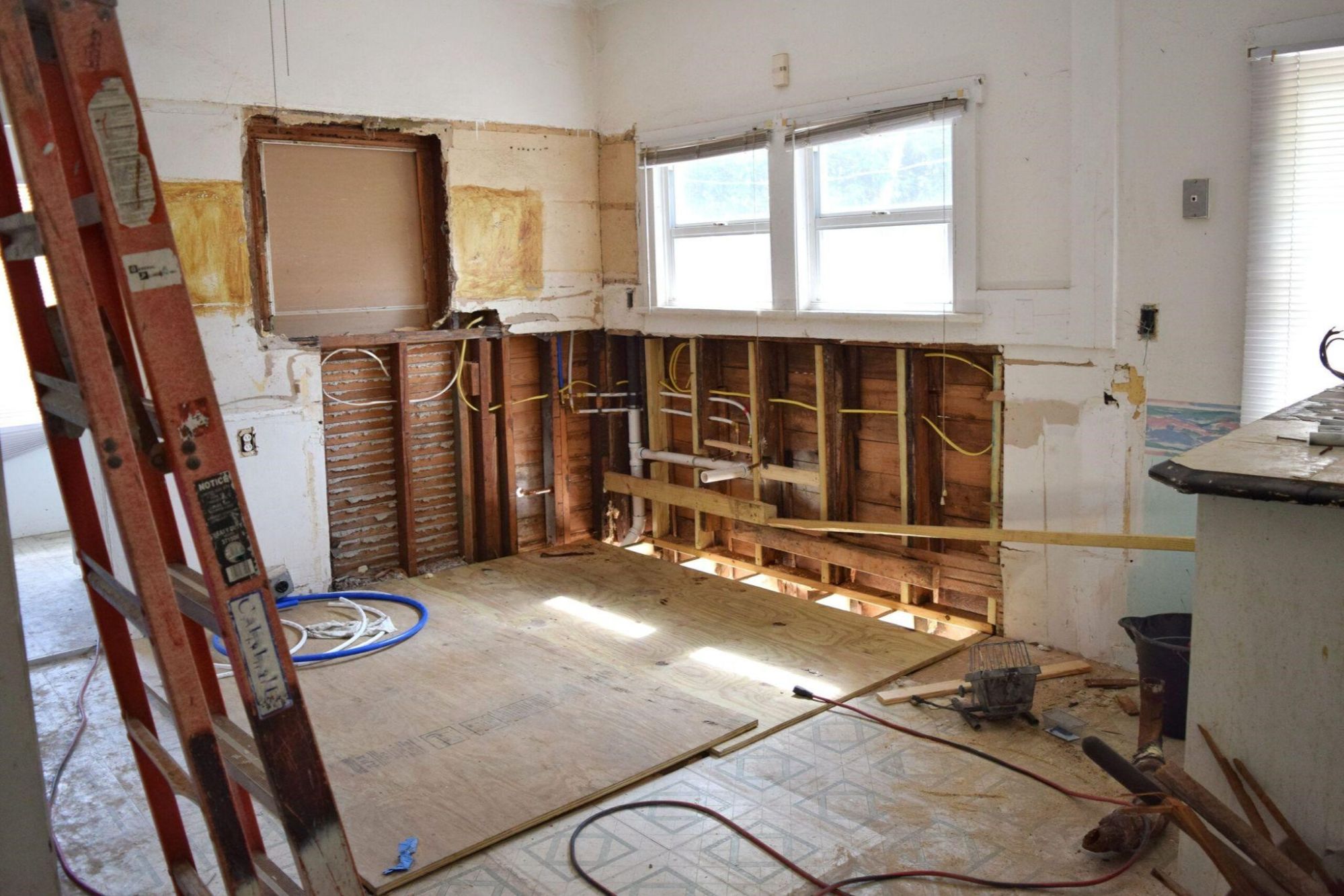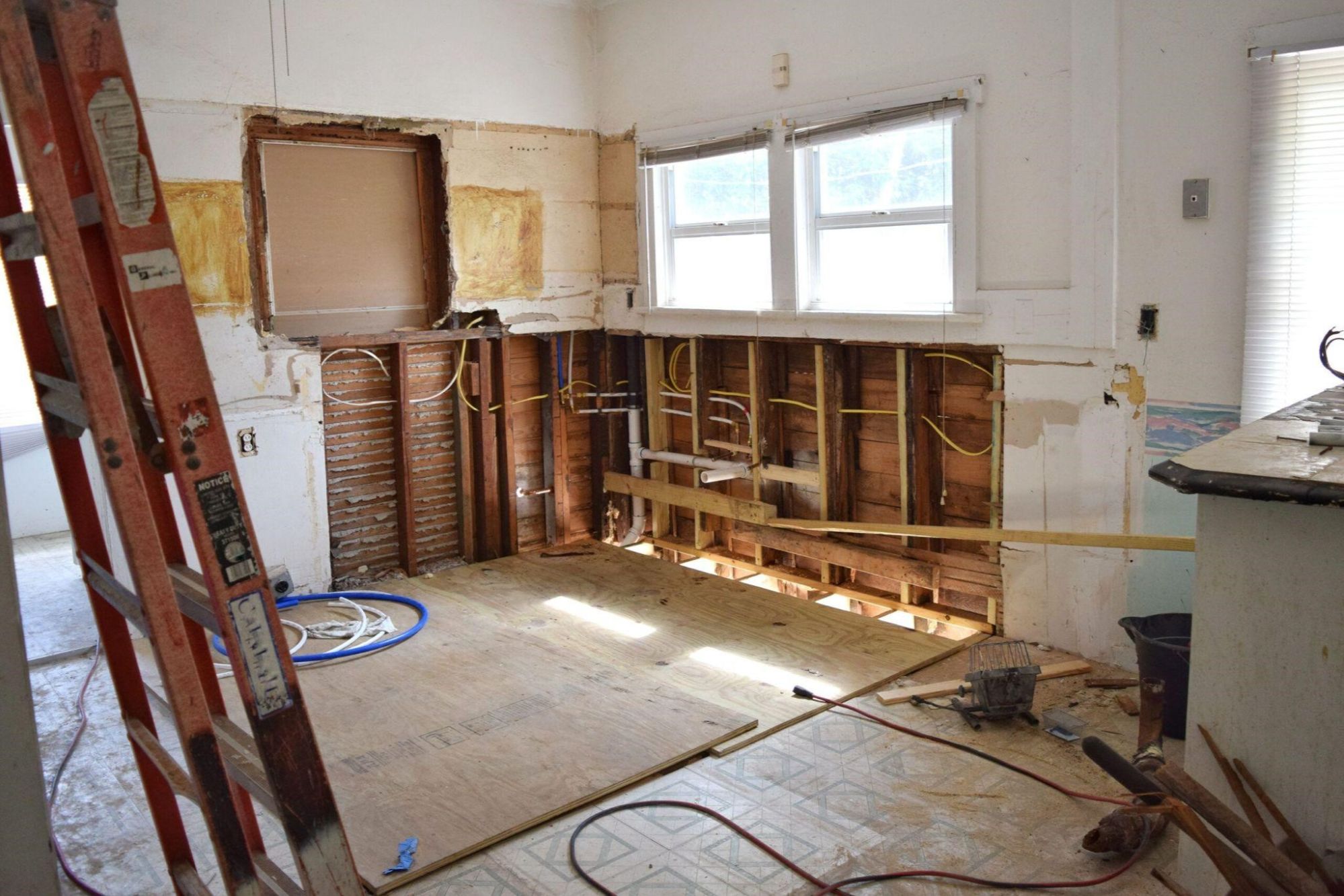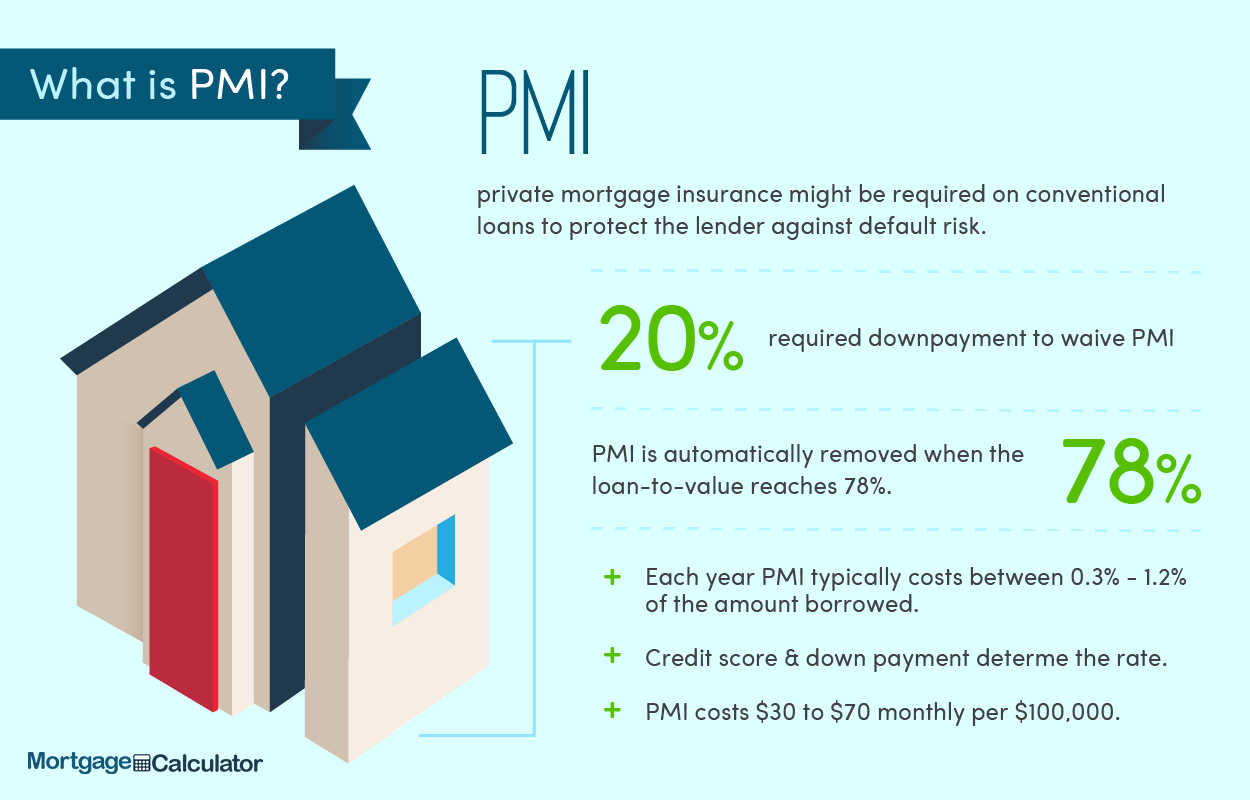The Ultimate Guide to Working with a Contractor: The Good, the Bad, and What You Need to Know as a Client

Hiring a contractor is a significant step in any construction or renovation project. Whether you're upgrading a residential property, building a commercial space, or making minor improvements, working with a contractor can make or break your experience. While many contractors are skilled professionals who bring immense value, there are potential challenges to be aware of. Here’s what you need to know before hiring a contracto
The Good: Why a Great Contractor is Worth the Investment
- Expertise and Experience – A qualified contractor brings technical knowledge and hands-on experience that ensures a project is completed efficiently and up to code.
- Project Management Skills – From coordinating timelines to handling subcontractors, an experienced contractor will keep your project on track, helping you avoid unnecessary delays and cost overruns.
- Access to Resources – Contractors often have established relationships with suppliers and subcontractors, which can lead to cost savings and access to high-quality materials.
- Legal Compliance and Permits – A reputable contractor understands local building codes and can handle necessary permits, reducing the risk of legal issues down the road.
The Bad: Common Pitfalls When Hiring a Contractor
- Miscommunication – A lack of clear expectations or poor communication can lead to misunderstandings, delays, and dissatisfaction with the final result.
- Budget Overruns – Unforeseen costs can arise due to material price changes, project scope creep, or poor initial estimates. Always clarify budget expectations in writing.
- Delays and Missed Deadlines – Even well-planned projects can experience delays, but unreliable contractors can exacerbate the issue. Be sure to establish a detailed timeline upfront.
- Quality Concerns – Cutting corners or using subpar materials can lead to long-term structural and aesthetic issues. Always verify a contractor’s reputation and previous work.
Common Bad Habits That Impact the Work Performance of General Contractors
General contractors play a crucial role in the success of any construction project, but certain bad habits can negatively affect work performance, project timelines, and overall client satisfaction. Here are some of the most common issues:
- Poor Communication – Failing to keep clients, subcontractors, and suppliers informed can lead to misunderstandings, project delays, and costly mistakes. Clear and consistent communication is essential for smooth operations.
- Lack of Attention to Detail – Rushing through projects or overlooking critical details can result in subpar workmanship, requiring costly repairs or rework. Precision and thoroughness are key to high-quality results.
- Unreliable Scheduling – Missing deadlines, failing to coordinate subcontractors efficiently, or overpromising completion times can disrupt the entire project and damage a contractor’s reputation. Proper planning and realistic timelines are essential.
- Cutting Corners on Materials and Workmanship – Using lower-quality materials or taking shortcuts in construction can lead to long-term structural issues, dissatisfied clients, and potential legal liabilities. Prioritizing quality ensures a solid reputation and repeat business.
- Disorganization and Poor Project Management – Not keeping proper records, losing track of permits, and failing to follow a structured workflow can create chaos on a job site. Effective organization and project management are critical to efficiency.
- Failure to Adapt to New Technologies and Techniques – The construction industry is constantly evolving. Contractors who resist modern building techniques, energy-efficient solutions, or project management software may fall behind competitors.
- Ignoring Safety Protocols – Neglecting workplace safety measures not only puts workers at risk but can also lead to serious legal and financial consequences. Adhering to safety regulations is non-negotiable.
- Underbidding to Win Projects – Offering unrealistically low estimates to secure a contract often leads to budget overruns, rushed work, and disputes with clients. Transparent and accurate pricing fosters trust and long-term success.
- Lack of Accountability – Failing to take responsibility for mistakes, blaming subcontractors, or avoiding client concerns can lead to dissatisfaction and negative reviews. Professionalism requires accountability and problem-solving.
- Inconsistent Work Ethic – Some contractors start projects with enthusiasm but lose focus or momentum as work progresses. Staying committed to quality and efficiency from start to finish is essential for maintaining credibility.
Addressing these bad habits can help general contractors improve their performance, enhance client satisfaction, and build a strong reputation in the industry.

What You Need to Be Aware of as a Client
- Do Your Homework – Research contractors before making a decision. Check online reviews, ask for references, and verify licenses and insurance to ensure legitimacy.
- Get Everything in Writing – A detailed contract should outline the scope of work, timeline, payment schedule, and any warranties or guarantees on workmanship.
- Establish a Clear Communication Plan – Regular check-ins, updates, and a direct point of contact can prevent issues from escalating and keep the project on course.
- Be Wary of Red Flags – Avoid contractors who demand large upfront payments, hesitate to provide written agreements, or lack a verifiable track record.
- Understand Your Rights and Responsibilities – Knowing local contractor laws, including lien laws and dispute resolution options, can protect you in case of disagreements.

Tailoring Construction Approaches: Homeowner Needs vs. Investment Flip
A contractor's approach to a project can vary significantly depending on whether the work is being done for a client who intends to live on the property or for an investor planning to flip it. When the property is intended as a personal residence, the contractor is likely to prioritize long-term durability, high-quality finishes, and customization that aligns with the homeowner’s specific preferences and lifestyle. Attention to detail, craftsmanship, and material selection become paramount, as the homeowner will experience the results firsthand for years to come.
Conversely, when the project is for a flip, the focus often shifts toward cost-effectiveness, market appeal, and efficiency. Contractors may be inclined to use materials and finishes that enhance aesthetic appeal while remaining budget-conscious to maximize return on investment. The emphasis is typically on achieving a polished look that attracts potential buyers rather than on long-term wear and tear considerations.
Understanding these distinctions allows a contractor to tailor their approach, ensuring the final product aligns with the client's objectives, whether it be creating a home built for comfort and longevity or preparing a property for a profitable sale.
Final Thoughts
Working with a contractor can be a smooth and rewarding process when approached with diligence and clear expectations. By understanding both the benefits and potential pitfalls, you can make informed decisions that lead to successful project outcomes. Whether you’re embarking on a home renovation or a large-scale commercial build, selecting the right contractor and maintaining proactive communication are key to achieving your vision while staying within budget and timeline.
By following these tips, you can confidently navigate the process and ensure a positive working relationship with your contractor.
Categories
Recent Posts









"My job is to find and attract mastery-based agents to the office, protect the culture, and make sure everyone is happy! "
